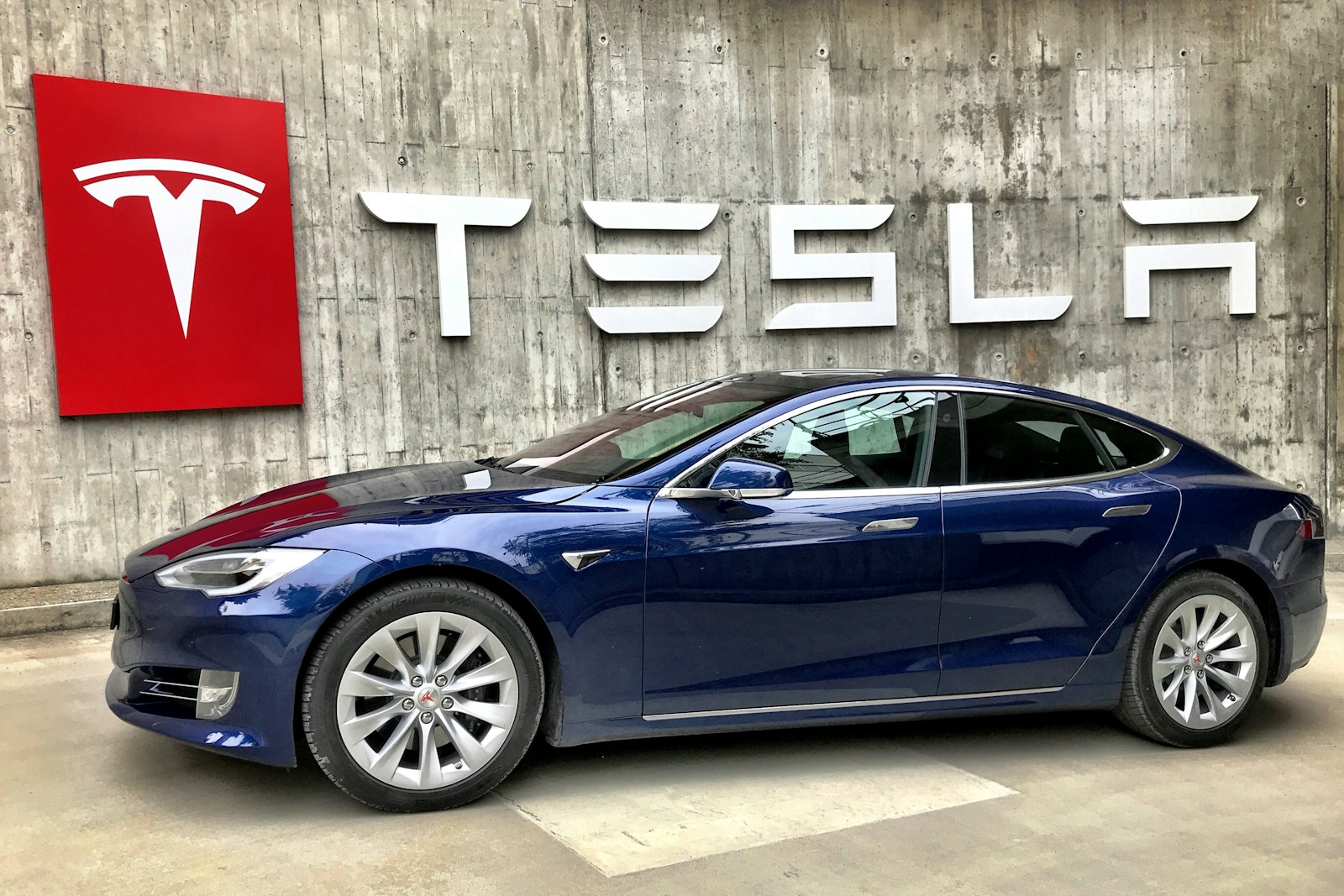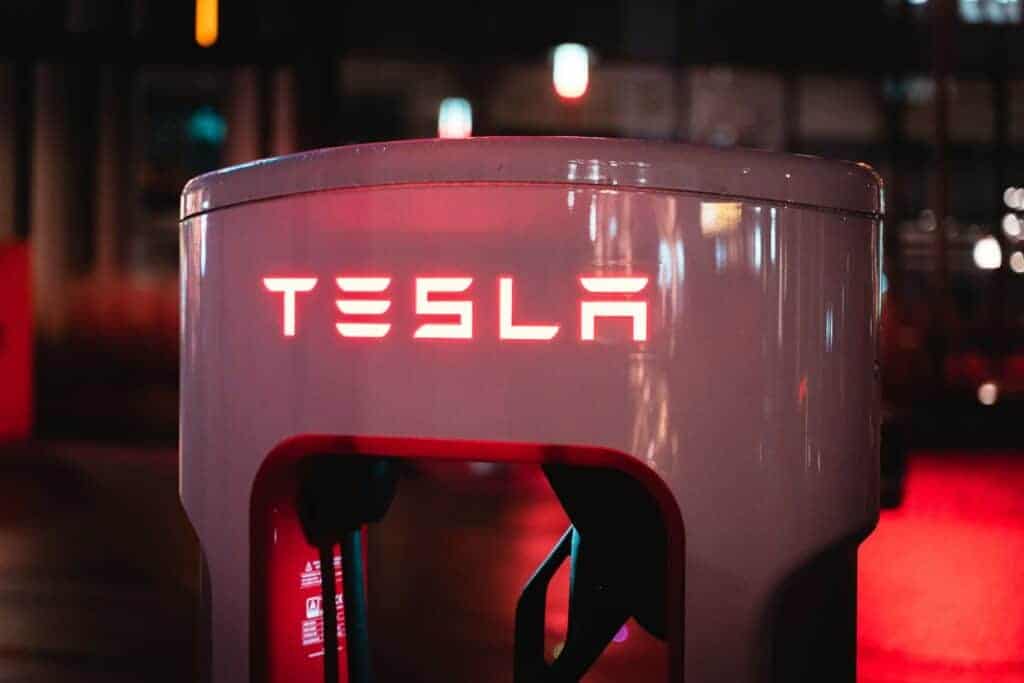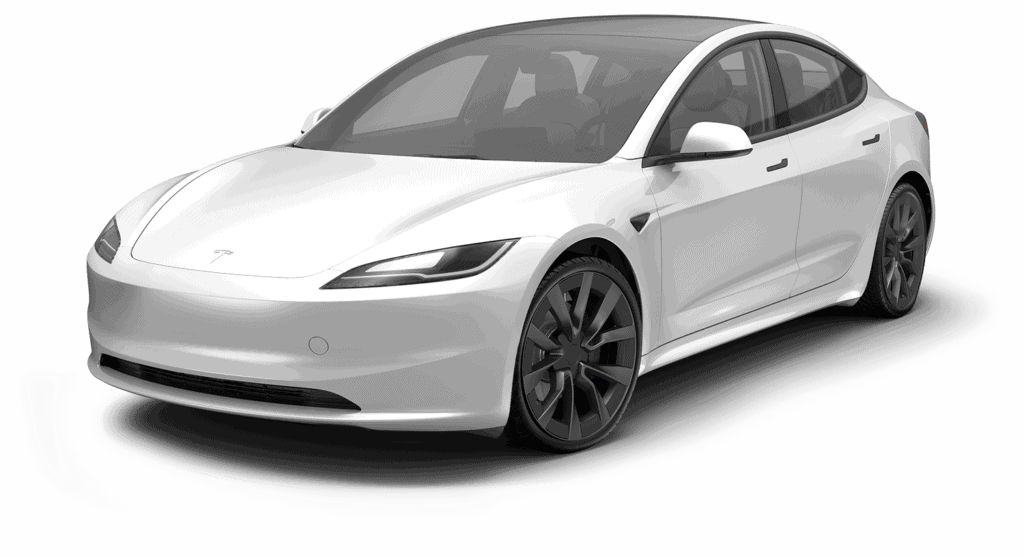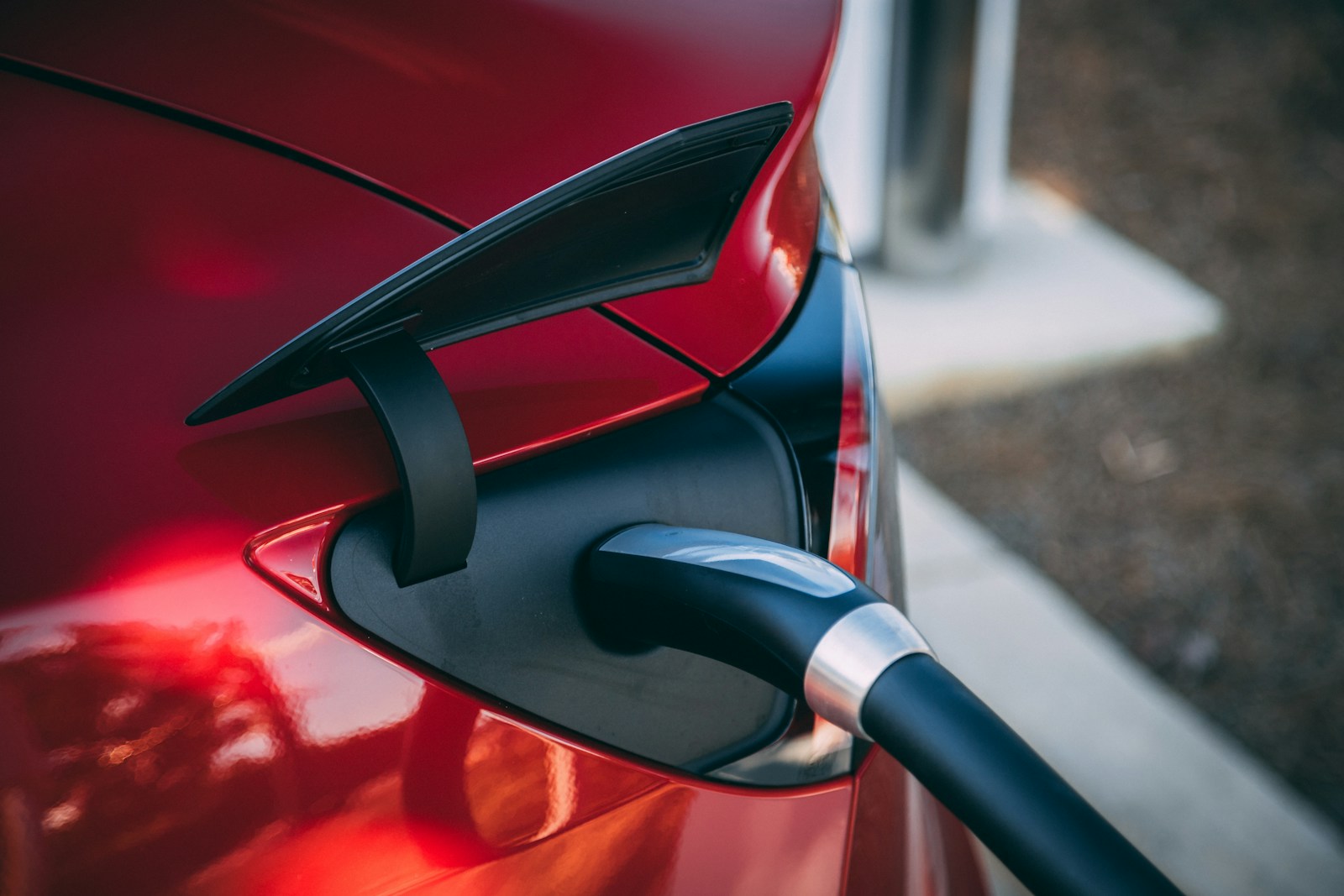Gas prices are high all over the country, and as a result, many people are opting for electric vehicles. Among electric vehicles, Tesla is the most popular choice. However, it’s important to consider the cost of charging an EV vehicle versus filling up a gas-powered car. Charging a Tesla can be costly, and the price varies depending on several factors such as the model, the type of charger used, and the local cost of electricity. The national average cost of charging a Tesla with a 75 kWh battery is $12.72, which translates to roughly $0.4 per mile driven. If you own a Model 3, the cost to charge it from 0% to 100% will depend on the battery option you choose.
Tesla Charging Costs By State
| State | Avg Elec. Cost ¢/kWh | 57.5 kWh Bat. | 75 kWh Bat. |
| Alabama | 12.41 | $7.14 | $9.31 |
| Alaska | 22.54 | $12.96 | $16.91 |
| Arizona | 13.16 | $7.57 | $9.87 |
| Arkansas | 9.99 | $5.74 | $7.49 |
| California | 19.9 | $11.44 | $14.93 |
| Colorado | 12.28 | $7.06 | $9.21 |
| Connecticut | 21.62 | $12.43 | $16.22 |
| Delaware | 12.05 | $6.93 | $9.04 |
| Florida | 11.37 | $6.54 | $8.53 |
| Georgia | 12.26 | $7.05 | $9.2 |
| Hawaii | 32.76 | $18.84 | $24.57 |
| Idaho | 10.58 | $6.08 | $7.94 |
| Illinois | 12.56 | $7.22 | $9.42 |
| Indiana | 12.02 | $6.91 | $9.02 |
| Iowa | 13.81 | $7.94 | $10.36 |
| Kansas | 11.56 | $6.65 | $8.67 |
| Kentucky | 12.34 | $7.1 | $9.26 |
| Louisiana | 12.1 | $6.96 | $9.08 |
| Maine | 18.21 | $10.47 | $13.66 |
| Maryland | 13.72 | $7.89 | $10.29 |
| Massachusetts | 21.38 | $12.29 | $16.04 |
| Michigan | 15.42 | $8.87 | $11.57 |
| Minnesota | 13.99 | $8.04 | $10.49 |
| Mississippi | 13.15 | $7.56 | $9.86 |
| Missouri | 11.87 | $6.83 | $8.9 |
| Montana | 11.23 | $6.46 | $8.42 |
| Nebraska | 11.47 | $6.6 | $8.6 |
| Nevada | 13.45 | $7.73 | $10.09 |
| New Hampshire | 18.73 | $10.77 | $14.05 |
| New Jersey | 16.24 | $9.34 | $12.18 |
| New Mexico | 12.89 | $7.41 | $9.67 |
| New York | 22.17 | $12.75 | $16.63 |
| North Carolina | 11.78 | $6.77 | $8.84 |
| North Dakota | 10.23 | $5.88 | $7.67 |
| Ohio | 13.27 | $7.63 | $9.95 |
| Oklahoma | 11.92 | $6.85 | $8.94 |
| Oregon | 11.41 | $6.56 | $8.56 |
| Pennsylvania | 14.19 | $8.16 | $10.64 |
| Rhode Island | 22.49 | $12.93 | $16.87 |
| South Carolina | 12.74 | $7.33 | $9.56 |
| South Dakota | 12.98 | $7.46 | $9.74 |
| Tennessee | 13.04 | $7.5 | $9.78 |
| Texas | 12.31 | $7.08 | $9.23 |
| Utah | 11.14 | $6.41 | $8.36 |
| Vermont | 18.02 | $10.36 | $13.52 |
| Virginia | 12.21 | $7.02 | $9.16 |
| Washington | 10.29 | $5.92 | $7.72 |
| West Virginia | 12.19 | $7.01 | $9.14 |
| Wisconsin | 14.38 | $8.27 | $10.79 |
| Wyoming | 11.34 | $6.52 | $8.51 |
Home charging usually offers the convenience of low-cost, overnight charging using a Tesla Wall Connector or even a standard electrical outlet. In contrast, Supercharging, which is Tesla’s network of rapid charging stations, can charge a Tesla battery to 80% in just about 15 to 30 minutes for a price that tends to be double that of home charging. Knowing how frequently one drives, the local price of electricity, and having a sense of both home and public charging options allows Tesla owners to better estimate their charging costs.

If your electricity costs are different or you have a different Tesla with a different battery capacity – no worries. Use the calculator below to get an idea of your costs.
Key Takeaways
- Owning a Tesla involves cost considerations similar to understanding fuel economy in traditional vehicles.
- Charging cost for a Tesla varies based on the model, type of charger, and electricity rates.
- Tesla offers home and Supercharger stations, with home charging generally being more cost-effective.
Tesla Charging Cost Calculator
Understanding Tesla Charging Options
Tesla drivers have various charging methods to keep their electric vehicles powered up. From plugging in at home to using public fast chargers, there are options to suit different lifestyles and needs.
Home Charging Solutions
Home charging is convenient, allowing Tesla owners to charge their vehicle overnight. The two primary home charging solutions are:
- Level 1 AC Charging: This uses a standard 120-volt household outlet. Charging speeds are slow, generally offering about 2 to 3 miles of range per hour of charging, making it suitable for those who drive less than 30 to 40 miles per day.
- Level 2 AC Charging: Much faster than Level 1, this requires a 240-volt outlet, such as those for large appliances. Drivers can install a home charger like the Tesla Wall Connector, which can provide up to 44 miles of range per hour of charging for faster refill.
Public Charging Networks

Public charging options for Tesla owners include:
- Tesla Supercharger: Tesla’s proprietary network of DC fast chargers, known as Superchargers, provide up to 200 miles of range in just 15 minutes. Prices for using Superchargers vary.
- Destination Charging: Tesla has partnerships with hotels, restaurants, and shopping centers, offering slower chargers that are ideal for topping up while parked for a few hours.
- Third-Party Networks: There are many other fast charger networks, but the compatibility and costs can vary greatly.

Charging Equipment and Installation
The equipment needed for charging your Tesla at home includes:
- Wall Connector: Tesla’s recommended home charging station costs vary. Installation typically requires a licensed electrician and may involve additional costs depending on electrical upgrades needed.
- Mobile Connector: Comes with the Tesla and can plug into different outlets with appropriate adapters, offering Level 1 and Level 2 charging flexibility.
Charging your electric vehicle, whether a Model S, Model 3, Model X, or Model Y, will have an impact on your electric bill. Cost depends on your home’s electricity rate, measured in kilowatt-hours (kWh).
Cost Analysis of Charging a Tesla
When it comes to powering a Tesla, understanding charging costs is as important as knowing how to drive it. This section breaks down what it costs to charge at home and on the go, and how these costs stack up against traditional gasoline vehicles.
Home Charging Costs
The bulk of charging a Tesla is often done at home. On average, electricity rates in the U.S. are about 17 cents per kWh. For example, Tesla’s Model S has a battery size of around 100 kWh. This means a full charge could cost about $17 (100 kWh x $0.17). However, electricity prices can vary based on location and the time of day. If you drive around 50 miles per day, charging a Model S could cost you about $2.25 per day.
Supercharging Costs
Tesla’s network of Superchargers provides fast charging for longer trips. These stations charge more than home rates, about $0.25 to $0.35 per kWh. Although faster, it typically doubles the per kWh cost you’d find at home. An 80% charge at a Supercharger, which takes about 30 minutes, could tally up to approximately $22 for a Model S with a 100 kWh battery (80 kWh x $0.28 average).
Cost Comparison with Gas Vehicles
One of the appeals of electric cars, including Teslas, is their lower costs per mile compared to gas vehicles. The average gas vehicle gets about 22 miles per gallon with fuel costs hovering around $3 per gallon. This means you’d spend approximately 13.73 cents per mile. In contrast, it costs around 4.56 cents per mile to charge a Tesla, based on EnergySage estimates. So, electric cars can be more cost-effective in the long run, especially when fuel prices rise.
Frequently Asked Questions
Charging a Tesla varies in cost depending on factors such as the model, location, and type of charging station. Here are answers to common questions regarding the expense of powering a Tesla vehicle.
What is the average monthly cost to charge a Tesla at home?
The average monthly cost to charge a Tesla at home is influenced by the local electricity rates and how much you drive. Typically, estimates suggest that if you drive 50 miles per day, it may cost between $30 and $60 monthly to charge your Tesla, depending on your local electricity rates and Tesla model.
What are the costs associated with charging a Tesla Model Y?
To fully charge a Tesla Model Y, you can expect to spend around $2.25 per day if you cover 50 miles, which comes to about $67.50 monthly. These expenses can slightly fluctuate based on electricity costs in your area.
What do Tesla owners typically pay to use Supercharger stations?
When using Supercharger stations, a Tesla can reach 80% charge within about 15 to 30 minutes. Prices at these stations hover around $0.25 to $0.30 per kilowatt-hour, meaning a full charge can generally cost around $15 to $25 depending on the model and battery capacity.
Are there fees for using public charging stations with a Tesla?
Yes, public charging stations usually charge a fee. The costs can vary significantly based on the charging network, location, and time of day. Expect to encounter rates similar to or slightly higher than home charging.
Can Tesla vehicles be charged for free at certain locations?
Tesla owners can sometimes find free charging options at certain public locations such as shopping centers or hotels. Tesla also offers complimentary Supercharging promotions on some vehicle purchases, which allow for free charging at Supercharger stations.
How frequently should a Tesla be charged to maintain battery health?
To maintain optimal battery health, it is recommended that you keep your Tesla charged between 20% and 90% and regularly drive it. Charging habits, like not letting the battery get too low and avoiding excessive charging when the battery is already full, are important to prolong the battery’s life.







